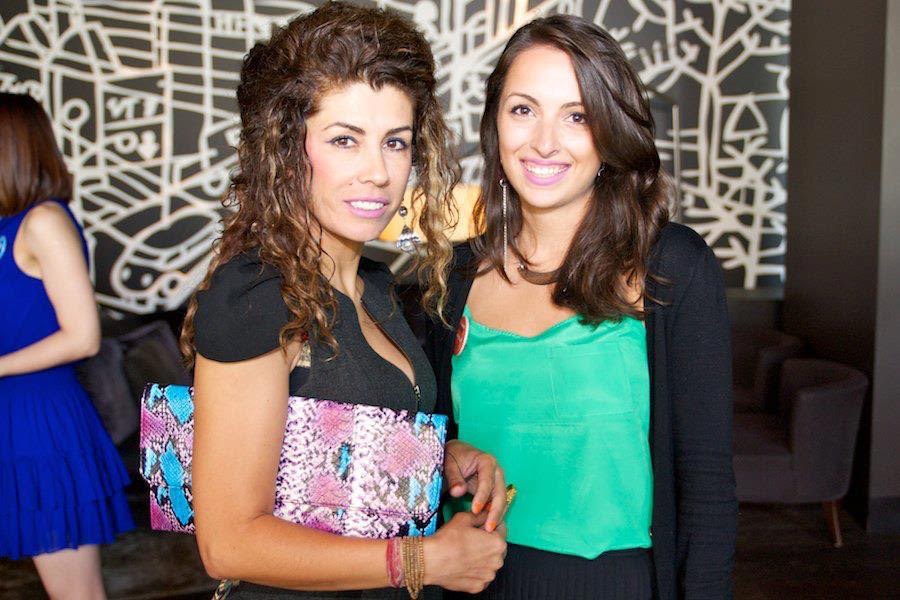A
Saba Safdar has also signed an open letter by a group of Canadian psychology professors and practitioners who see the ban as a way to incite racism, xenophobia, anti-immigrant and anti-Muslim rhetoric not just in the U.S but around the world.
Safdar is an associate professor of psychology at U of G and runs the Centre for Cross-Cultural Research. As a cross-cultural psychologist, she studies how immigrants adjust to their new country and the policies and attitudes that help their integration.
But as an Iranian-Canadian, she can’t help but feel personally affected by the ban, she said. She regularly travels to the States presenting at academic conferences. She has family in
“I am a Canadian citizen so the ban should not affect me. But the personal comes into it,” Safdar said in an interview. “We know there have been problems for Canadian passport holders.”
Trump signed an executive order in January banning Muslims from seven countries –
According to her research, “whenever right-wing rhetoric starts to dominate conversation it leads to scapegoating of a group,” Safdar said. “Historically we’ve seen it with Japanese-Americans, Jewish groups, gays and lesbians and now with Muslims. Mere membership is enough to justify fear and rejection. Collective discrimination leads to hostility on both sides.
“There’s decades of research on immigration and we know rejection leads to rejection.”
Safdar is one of some 4,000 Canadian psychologists and researchers who signed an open letter outlining the dangers of discriminatory policies and the slippery slope this can lead to humanitarian crises.
The group, while not normally political, felt compelled to speak out on this issue.
“Global humanitarian crises do not happen overnight,” the letter reads. “Such chaos begins in small steps, which may appear benign, somewhat acceptable and even justifiable under given conditions. The world witnessed too many humanitarian crises during the last century. Not speaking out against such events right at the outset contributed to the escalation of evil and its dire consequences.”
Safdar said she’s made the personal decision to boycott travel in the
Safdar’s daughter, Newsha Ghaeli, will soon be putting the security of holding a Canadian passport to the test as she’s heading to
“Technically, legally, I should be OK,” she said in a phone interview. “They say it’s based on your passport and I have a Canadian passport. But I was born in
Ghaeli said the worst-case scenario for her is that she’ll have to return to
Safdar said the American decision is already impacting business, academia, tourism, and foreign investors. It has become a global issue with global consequences.
“It’s very much like the apartheid discourse and I think we’ll see more open letters and discussion on this,” she said. “There’s a global humanitarian problem out there and we can find a solution if we listen to the evidence and not the fear.”
